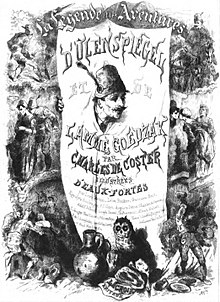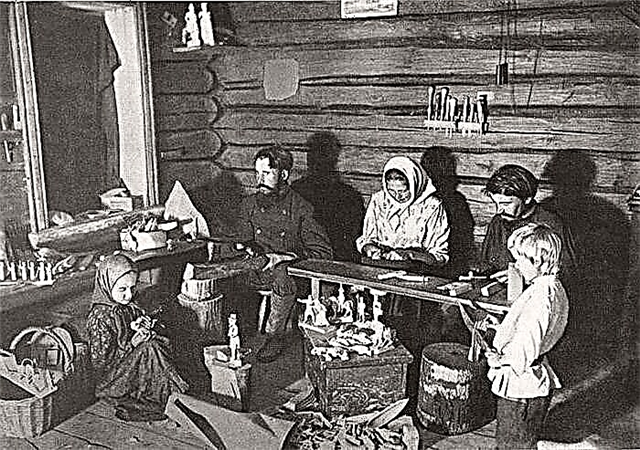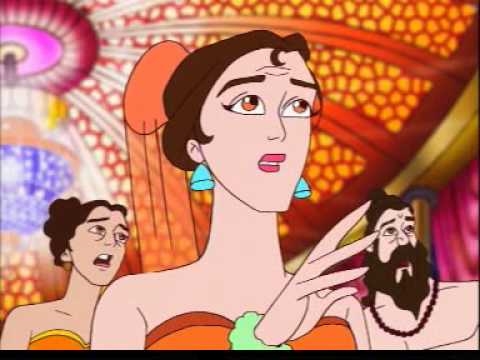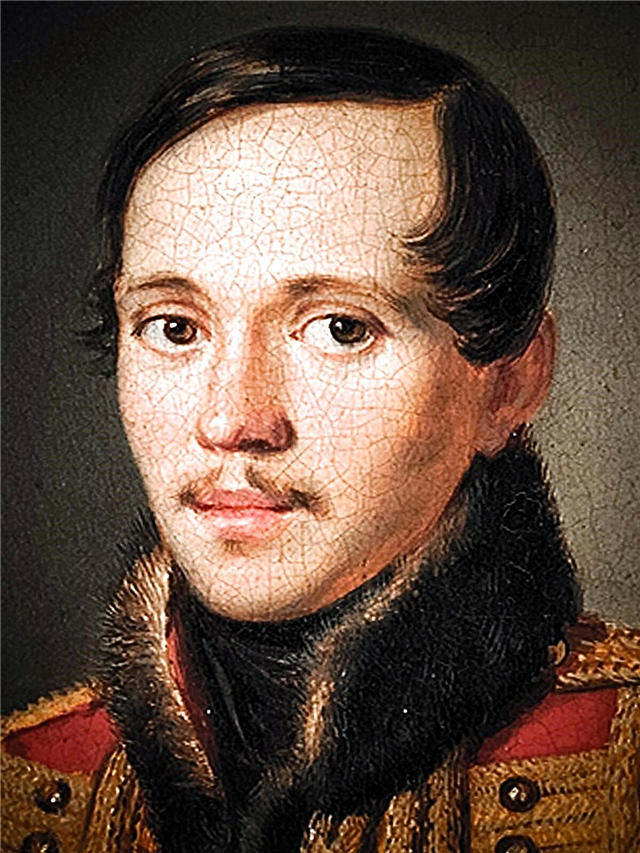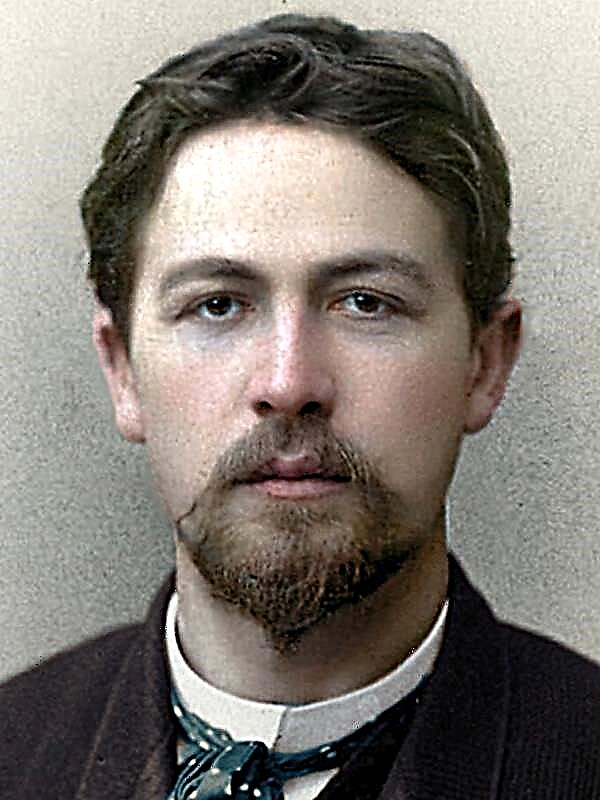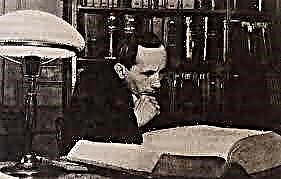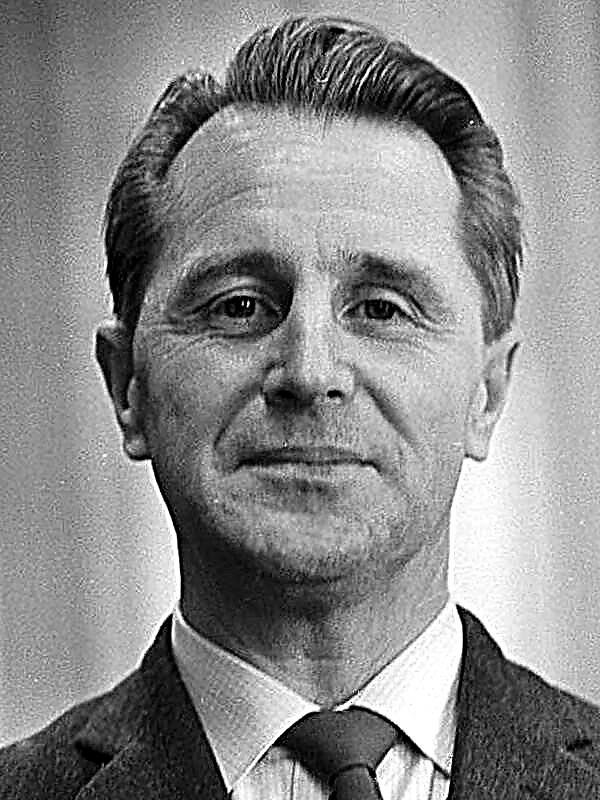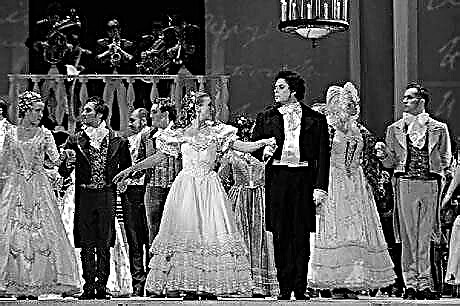(427 words) Love is a feeling to which it is difficult to find the right definition. For some it’s passion, for someone it’s tenderness, and someone doesn’t know how to love at all and sees in the feeling only calculation. The reader finds a variety of love in Russian literature.
In the novel F.M. Dostoevsky's “Idiot” the central place is occupied by the protagonist of the protagonist - Parfen Rogozhin. He is overwhelmed by desires and passions. The thirst for revenge and possession, the willingness to commit murder - all this we see in Rogozhin. The image of Parfen echoes another famous hero of Dostoevsky - Rodion Raskolnikov. Only in the case of Rodion does he possess the idea of moral and social “I am a trembling creature or do I have the right?”, And in the case of Parfen, we are talking about an obsession with the idea of possession. He sees a rival in Myshkin and is ready to go on the kill. It is worth noting that he treats the prince as a person, but Nastasya Filippovna is not indifferent to him, and this forces Parfen to look for a way to eliminate his rival. At the end of the novel, Rogozhin almost goes insane, killing his lover. Intuitively, Parfen understands that Nastasya will never be with him, because he does not love him. And this one thought - the thought of a possible loss, deprives him of reason. Can Parfen Rogozhin be called obsessed, and such is the nature of his love? A moot point. But his actions harm others. However, these weapons are double-edged - they also harm his soul.
But not only Rogozhin commits crimes in the novel. There is another bright character - Gabriel Ardalionovich Ivolgin. Ganya. He is going to marry Nastasya Filippovna because of the money that he is offered for this union. The young man is conceited, obsessed with the idea of getting a position, money, nobility. He has reasons for this behavior. Their family lives poorly enough, their father suffers from alcoholism. However, he does not think about Nastasya’s feelings, moreover, he despises her, but does not abandon the idea of gaining a fortune by deceiving her. Ganya is going to encroach on the freedom of this girl, her feelings, for her own benefit. Thus, he commits a crime not only in the usual sense of the word, but a crime - spiritual. Is it possible to justify it? Dostoevsky again provides this to the reader. However, Ghani has some positive aspects. He is the only man in the family on whose shoulders lies the concern for the fate of his younger brother, sister and mother. The father of the family adds care rather than helps them. However, Ganya does not abandon them - after all, to improve his position alone is much easier than taking care of everyone. But he continues to find ways to help not only himself, but the whole family. Perhaps that is why the characters of Dostoevsky look so real that in real life our actions are difficult to unambiguously evaluate.
Men and women, girls and boys, they all build their own destinies in different ways, and they relate to life differently. It is from this diversity of feelings, views of attitudes and worldviews that our whole life consists. This is what determines its versatility.



